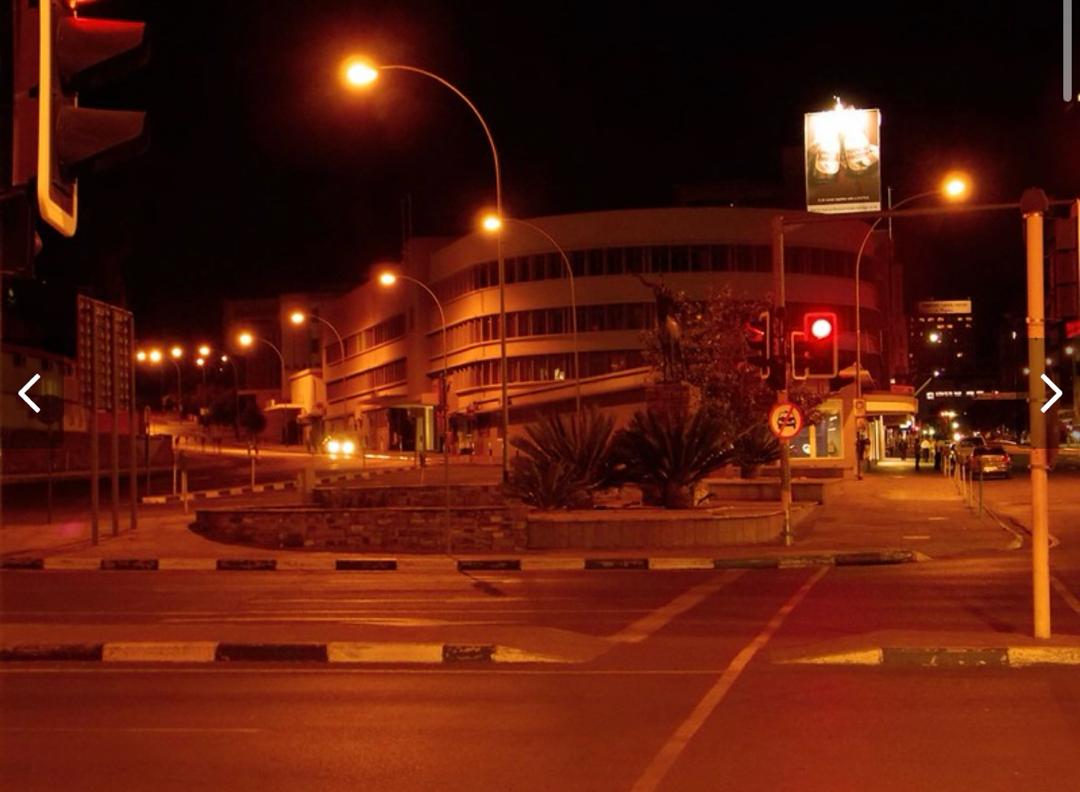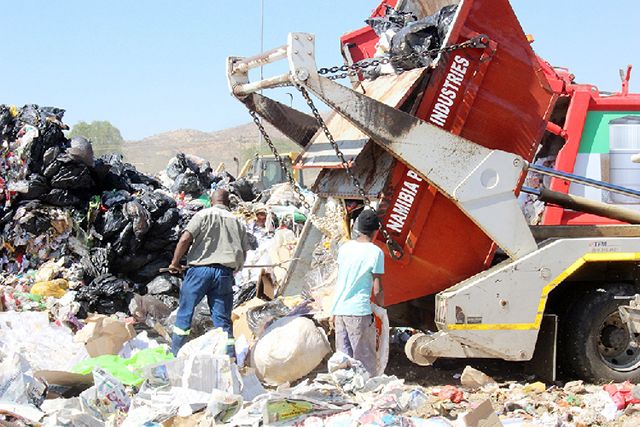FOUR years ago, President George W. Bush was on shaky political ground.He had barely won the controversial 2000 election, and polls showed the American people remained doubtful about him.
After the terrorist attacks of September 11, 2001, Bush found his voice and the American people rallied around his presidency. Thanks to Osama Bin Laden, Bush’s popularity soared, and while his ratings had diminished by the 2004 election, his ‘war on terrorism’ helped him win a second term.In September 2005, another crisis, Hurricane Katrina, probably killed at least as many Americans as the terrorist attacks in 2001, but it had the opposite effect on Bush’s poll numbers, which dropped to an all-time low.Why the startling difference? For one thing, the September 11 attacks were by a human enemy, and despite inadequate domestic preparations for such an event, Americans’ anger was directed outward.Katrina, on the other hand, was a terrible act of nature, but one that was predicted by the national weather service with impressive accuracy.The inadequate preparation and slow response by the Bush administration meant that anger was directed at the president.To be sure, some of the blame for poor preparation belongs to state and local officials.But the Bush administration bears a significant share of the responsibility.In the 2000 election campaign, Bush praised Bill Clinton’s Federal Emergency Management Administration (FEMA) for its effectiveness.As president, he treated it as a source of patronage, replacing its top officials with political cronies who had little experience in managing emergencies.To make matters worse, the administration shoehorned FEMA into its massive new bureaucracy, the Department of Homeland Security.During the 2004 election campaign, Bush claimed that the new department had made Americans safer.But the halting and weak response to Katrina has called this into question.If it was difficult to evacuate and supply a small city like New Orleans, how would New York or Los Angeles fare? Katrina has also raised questions about other items on the president’s agenda.One of the top priorities had been the Republican plan to complete the repeal of the estate tax on the richest Americans.But, as the costs of responding to Katrina mount, adding to the federal deficit, it seems difficult to proceed as planned.Moreover, rising petrol prices have called attention to the shortcomings of the Bush administration’s energy policy, which includes recently passed legislation that contains inadequate requirements for energy conservation.The press, meanwhile, has reported on speculation about the relationship between warmer ocean waters and the frequency of severe hurricanes, thus highlighting the low priority that the administration has given to environmental problems in general and global climate change in particular.But Bush will survive Katrina.The floodwaters will recede in New Orleans and reconstruction will begin.Already the scenes of looters exploiting the chaos in the early aftermath of the storm have been replaced with stories of charitable contributions from other parts of the country, of children being accepted into schools outside the city, and of families being helped by strangers.On the anniversary of the September 11 attacks, a unit of the New York City Police Department was helping out in New Orleans, and the city returned a fire engine that New Orleans had earlier donated as a symbol of solidarity.Katrina is thus likely to be a footnote in the history of the Bush presidency.The real question for Bush’s role in history remains Iraq.The short-term effect of Katrina was to drive stories about Iraq off of television screens and newspaper front pages.But the news from Iraq before the storm was bad and hasn’t gotten better.The majority Shia and their Kurdish allies rejected Bush’s plea to Iraqi politicians to modify the new draft constitution to attract disgruntled Sunni Arabs.Of course, the Sunnis comprise a minority in Iraq, so insurgents have little prospect of “winning” control of the country the way North Vietnam was able to win control of South Vietnam.But that is little consolation, because they can still disrupt progress toward a stable constitutional government.At worst, they may be able to foment a civil war.Despite claims by the extreme left and right around the world, America is not an imperial nation.Domestic public opinion will support the use of force if people feel threatened or believe that the cause is just, but Americans have little interest in ruling over other nations.Neo-conservative appeals to the example of the British Empire are far-fetched.The idea that American troops will stay in Iraq indefinitely – or even “just as long as necessary and not one day more,” in the clichéd language of Donald Rumsfeld – is implausible.This means that Bush has only a relatively short time to achieve his goals in Iraq.If he is able to produce a stable constitution, a political compromise among the contesting parties, and successful elections, he may be able to declare victory.But right now, the prospects look dubious.Even before the floodwaters of Katrina recede, Bush will need to focus on his Iraq conundrum, because long after Katrina has been forgotten, history will judge his presidency by how he resolves it.- Project Syndicate * Joseph S.Nye is a professor at Harvard University and author most recently of The Power Game: A Washington Novel.Thanks to Osama Bin Laden, Bush’s popularity soared, and while his ratings had diminished by the 2004 election, his ‘war on terrorism’ helped him win a second term.In September 2005, another crisis, Hurricane Katrina, probably killed at least as many Americans as the terrorist attacks in 2001, but it had the opposite effect on Bush’s poll numbers, which dropped to an all-time low.Why the startling difference? For one thing, the September 11 attacks were by a human enemy, and despite inadequate domestic preparations for such an event, Americans’ anger was directed outward.Katrina, on the other hand, was a terrible act of nature, but one that was predicted by the national weather service with impressive accuracy.The inadequate preparation and slow response by the Bush administration meant that anger was directed at the president.To be sure, some of the blame for poor preparation belongs to state and local officials.But the Bush administration bears a significant share of the responsibility.In the 2000 election campaign, Bush praised Bill Clinton’s Federal Emergency Management Administration (FEMA) for its effectiveness.As president, he treated it as a source of patronage, replacing its top officials with political cronies who had little experience in managing emergencies.To make matters worse, the administration shoehorned FEMA into its massive new bureaucracy, the Department of Homeland Security.During the 2004 election campaign, Bush claimed that the new department had made Americans safer.But the halting and weak response to Katrina has called this into question.If it was difficult to evacuate and supply a small city like New Orleans, how would New York or Los Angeles fare? Katrina has also raised questions about other items on the president’s agenda.One of the top priorities had been the Republican plan to complete the repeal of the estate tax on the richest Americans.But, as the costs of responding to Katrina mount, adding to the federal deficit, it seems difficult to proceed as planned.Moreover, rising petrol prices have called attention to the shortcomings of the Bush administration’s energy policy, which includes recently passed legislation that contains inadequate requirements for energy conservation.The press, meanwhile, has reported on speculation about the relationship between warmer ocean waters and the frequency of severe hurricanes, thus highlighting the low priority that the administration has given to environmental problems in general and global climate change in particular.But Bush will survive Katrina.The floodwaters will recede in New Orleans and reconstruction will begin.Already the scenes of looters exploiting the chaos in the early aftermath of the storm have been replaced with stories of charitable contributions from other parts of the country, of children being accepted into schools outside the city, and of families being helped by strangers.On the anniversary of the September 11 attacks, a unit of the New York City Police Department was helping out in New Orleans, and the city returned a fire engine that New Orleans had earlier donated as a symbol of solidarity.Katrina is thus likely to be a footnote in the history of the Bush presidency.The real question for Bush’s role in history remains Iraq.The short-term effect of Katrina was to drive stories about Iraq off of television screens and newspaper front pages.But the news from Iraq before the storm was bad and hasn’t gotten better.The majority Shia and their Kurdish allies rejected Bush’s plea to Iraqi politicians to modify the new draft constitution to attract disgruntled Sunni Arabs.Of course, the Sunnis comprise a minority in Iraq, so insurgents have little prospect of “winning” control of the country the way North Vietnam was able to win control of South Vietnam.But that is little consolation, because they can still disrupt progress toward a stable constitutional government.At worst, they may be able to foment a civil war.Despite claims by the extreme left and right around the world, America is not an imperial nation.Domestic public opinion will support the use of force if people feel threatened or believe that the cause is just, but Americans have little interest in ruling over other nations.Neo-conservative appeals to the example of the British Empire are far-fetched.The idea that American troops will stay in Iraq indefinitely – or even “just as long as necessary and not one day more,” in the clichéd language of Donald Rumsfeld – is implausible.This means that Bush has only a relatively short time to achieve his goals in Iraq.If he is able to produce a stable constitution, a political compromise among the contesting parties, and successful elections, he may be able to declare victory.But right now, the prospects look dubious.Even before the floodwaters of Katrina recede, Bush will need to focus on his Iraq conundrum, because long after Katrina has been forgotten, history will judge his presidency by how he resolves it.- Project Syndicate * Joseph S.Nye is a professor at Harvard University and author most recently of The Power Game: A Washington Novel.
Stay informed with The Namibian – your source for credible journalism. Get in-depth reporting and opinions for
only N$85 a month. Invest in journalism, invest in democracy –
Subscribe Now!










